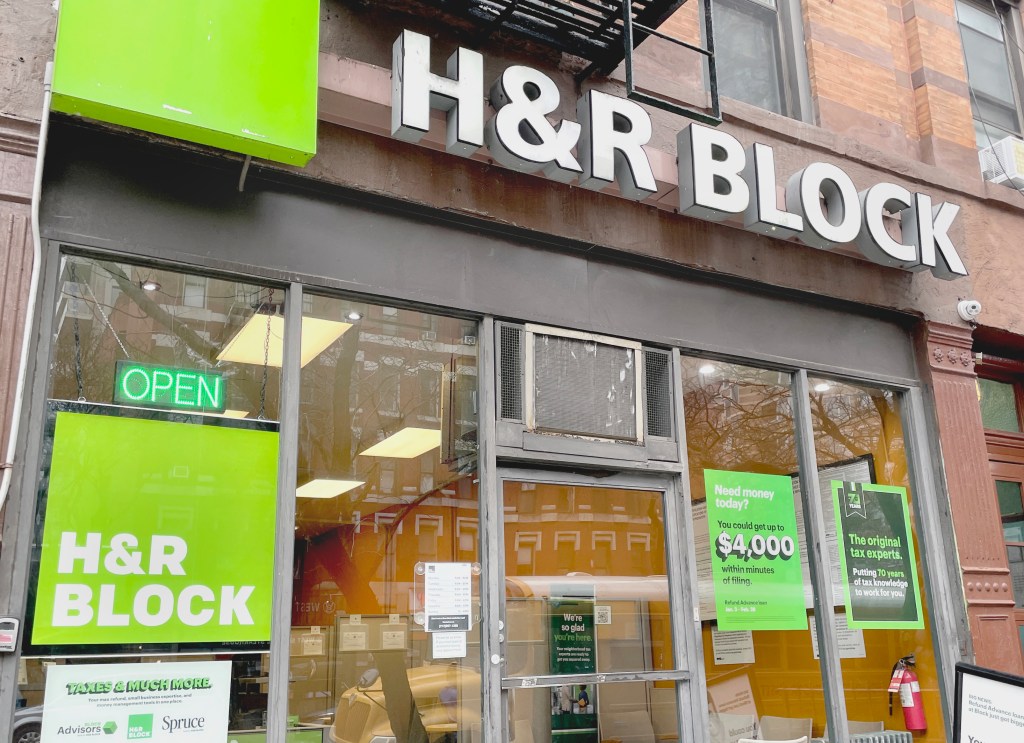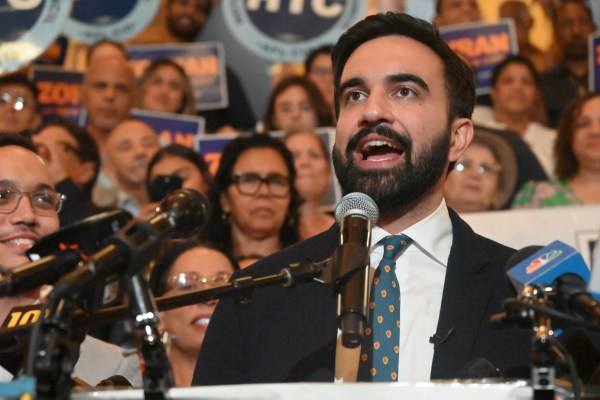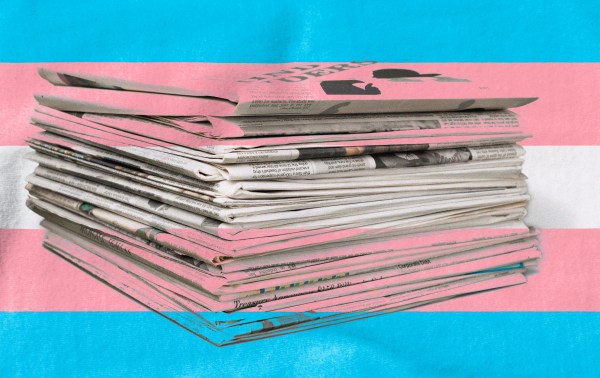Former Labor Secretary Robert Reich, who served under President Bill Clinton, claimed in a tweet Wednesday that the Internal Revenue Service’s (IRS) “free tax filing tool is reportedly ‘gone.’ This comes after Intuit, the maker of TurboTax, lobbied the government for years to block IRS free file. Intuit donated $1 million to Trump’s inauguration. See how this works?”
Commenters responded that taxpayers can file for free using online tax-filing services like TurboTax. Who’s right? Both, in part, though context is warranted all around.
The agency’s Direct File program, which allows eligible taxpayers to file their returns for free, was piloted by the Biden administration in 2024. This year it expanded from its original coverage of 12 states to 25, making it available to 30 million taxpayers who make under $200,000 in annual income. In February, Elon Musk announced that the office that oversees Direct File had been eliminated by the Department of Government Efficiency (DOGE). The administration later clarified that Direct File would remain operational through the 2025 tax season, including for taxpayers granted extensions who can still file through October.
On July 28, IRS Commissioner Billy Long announced that the agency would end the program. “You’ve heard of Direct File, that’s gone,” Long said. “Big beautiful Billy wiped that out. I don’t care about Direct File. I care about direct audit.”
The IRS website’s page that outlines eligibility and filing deadlines for Direct File is, for now, still active. In his announcement, Long emphasized that the One Big Beautiful Bill Act funds research into potential replacements for the IRS’ “direct e-file programs.” Long did not elaborate on what the replacements might look like.
Reich is correct that Intuit doled out a sizable contribution to then-President-elect Donald Trump’s inauguration committee. And Wired reported July 17 that the Trump administration’s plan to cut the Direct File program emerged just days after Sam Corcos, a DOGE associate, met with lobbyists from the Intuit-led Free File Alliance, a collection of leading tax software companies.
Commenters are also correct that there are alternatives to Direct File. Free File, which was created in 2003, is a public-private partnership between the IRS and the Free File Alliance. Those making $84,000 or less annually, the vast majority of taxpayers, are eligible to file taxes online free of charge through the program.
In addition to Free File, TurboTax and H&R Block offer their own platforms through which taxpayers can file taxes online without charge. However, both companies have a history of instructing customer service staff to deliberately dissuade taxpayers from using their free tools in favor of paid products, according to a review of internal company documents by ProPublica in 2019. “Do not send clients to this Web Site unless they are specifically calling about the Free File program,” one H&R Block document read. It continued, “We want to send users to our paid products before the free product, if at all possible.”
In 2022, Intuit agreed to a $141 million settlement for “unfairly charging” more than 4 million users between 2016 and 2018.
In response to questions from The Dispatch Fact Check, an IRS representative shared a statement the agency has provided to other outlets: “Commissioner Billy Long is committed to modernizing the IRS and providing a taxpayer experience that meets today’s expectations, which includes giving taxpayers transparency into the status of their tax returns and audits. We look forward to Treasury’s forthcoming report to Congress on the Direct File program and on potential public-private partnership alternatives to Direct File, as required by the One Big Beautiful Bill.”
If you have a claim you would like to see us fact check, please send us an email at factcheck@thedispatch.com. If you would like to suggest a correction to this piece or any other Dispatch article, please email corrections@thedispatch.com.









Please note that we at The Dispatch hold ourselves, our work, and our commenters to a higher standard than other places on the internet. We welcome comments that foster genuine debate or discussion—including comments critical of us or our work—but responses that include ad hominem attacks on fellow Dispatch members or are intended to stoke fear and anger may be moderated.
With your membership, you only have the ability to comment on The Morning Dispatch articles. Consider upgrading to join the conversation everywhere.